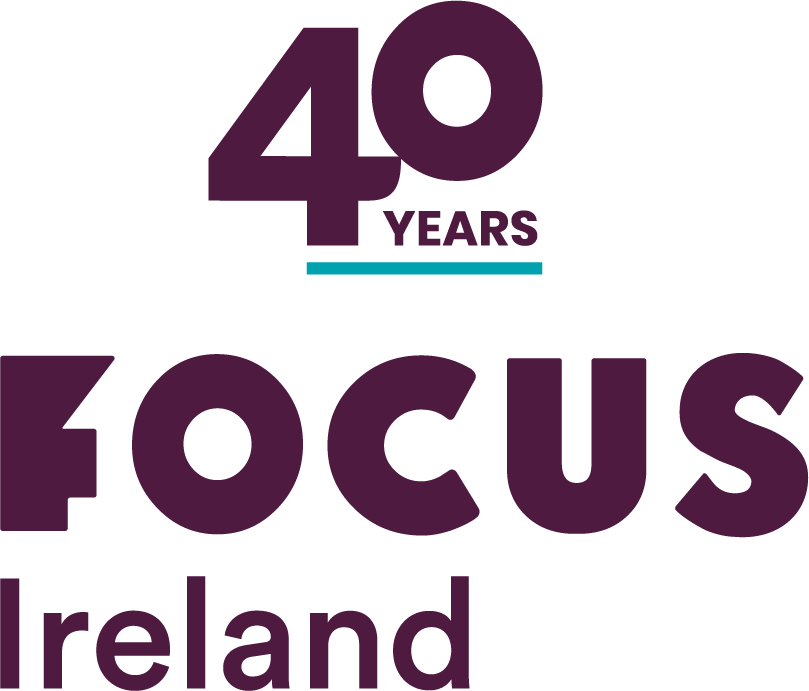Where do potential Coalition partners stand on homelessness?
Author: Emma Byrne
Housing and homelessness was the most important issue for most people in last Friday’s general election, according to Irish Times/RTÉ/TG4/TCD exit poll, with 29% of voters saying that it was their top issue when voting. With all seats now filled, and several potential coalition outcomes now possible, negotiations around housing will likely be one of the deciding factors on whether parties choose to form a coalition government together over the next few weeks.
An excellent analysis on where each of the parties that are likely to make up the next government stand on particular housing policies and issues was published on Monday by Dr. Michael Byrne from UCD, in particular where each of these parties stand on social and affordable housing targets, the Help to Buy scheme and the Private Rental Sector- available here.
The key housing policies that the next government choose to prioritise will have considerable impact on homelessness over the lifetime of the next government, however, as we have seen over the last two years, an increase in the number of homes being built, even social homes, does not automatically decrease the number of people in emergency homeless accommodation.
The amount of new social homes built annually has doubled since the last election, from roughly 4,000 a year to 8,000 which is positive, but the overall numbers in emergency accommodation has increased by 47% over a similar period. This is clearly not a case of a rising tide lifts all ships, and we will need more targeted interventions and policies by our next government to reach our EU commitment of working towards ending homelessness by 2030.
What did parties say in their manifestos about homelessness?
Debates and discussions over the election period focused less on homelessness than in 2020, even though homelessness is now so much higher. Proposals and solutions to end homelessness has been notably absent from political discourse during the campaign. Furthermore, a fundamental misunderstanding that homelessness has been increasing in recent years because of declining exits from emergency accommodation rather than an increase in people presenting to homeless services makes it increasingly difficult to have evidence-based discussions.
It is hard to say exactly why homelessness is being treated with less urgency. It is likely that as the housing crisis has started to affect more and more groups over the last 5 years, particularly young people with homeownership aspirations, homelessness is now seen as less of a political priority and, for some policymakers, an inevitability. Although many political parties refer to homelessness as a ‘priority’ issue and include sections on homelessness in their manifestos, most proposals remain vague. There is also clearly a belief held by some parties that more social housing will reduce homelessness eventually. When and how this will happen has never been made clear. Fianna Fáil and Fine Gael in particular appear less engaged on the issue of homelessness now than during the 2020 election based on the discussion of homelessness in their manifesto. In their 2020 manifestos, Fine Gael mentioned homelessness 31 times and Fianna Fáil 33 compared to 9 and 4 mentions, respectively this year. This is particularly concerning, as it is looking like that these two parties will have the greatest influence over the next government’s agenda.
Below, we lay out what each of the main parties currently involved in government formation said about homelessness in their GE 2024 manifestos and what specific proposals that made relating to homelessness.
What happens now?
The affordable housing crisis affects many groups across Irish society and will take longer than the lifetime of the next government to address but significant progress can be made over the next 5 years to significantly reduce homelessness.
To achieve this, it is essential that the political and policy neglect is reversed during these coalition negotiations on Government formation and homelessness is not just named as a priority issue but treated as one. The new Programme for Government must contain a commitment to developing targets solutions and a collaborative structure with all agencies and organisations involved in preventing and ending homelessness.
We have laid out key policy areas that the next government should focus on here and a detailed proposal on how long-term homelessness can be ended over the lifetime of the next government here.
We believe that with the right policies, approach, supports and type of housing, we can end long-term by the end of the decade.
| Political Party and main point around homelessness | Specific proposals relating to homelessness according to manifestos |
| Fianna Fáil:
“There are many reasons why people enter emergency accommodation, and the scale of population increases, and social changes have unfortunately limited the ability to make sustained progress. Tackling homelessness is the most pressing issue facing our country and Fianna Fáil is committed to further ramping-up the delivery of all types of homes to address homelessness.”
|
|
| Fine Gael
“Fine Gael is committed to increasing social housing supply, preventing homelessness, and ensuring Ireland’s housing system meets the needs of all citizens. We believe no one, especially children, should live in emergency accommodation long-term. We will work to ensure that anyone entering emergency accommodation stays only briefly.”
|
|
| Labour:
“Our plan to increase the provision of social and affordable housing and introduce stronger renter’s rights will address the underlying causes (of homelessness), and Labour will adopt a new approach that seeks to exit more people out of homelessness, prevent further increases and support those in homelessness.”
|
|
| Social Democrats:
“Homelessness is the direct result of failed policies from Governments that have turned housing into a commodity. It is within the power of Government to put an end to it once and for all. What is required is political will and courage. There is no acceptable level of homelessness.” |
|
| Independent Ireland:
No mention of homelessness as a priority issue. |
|

